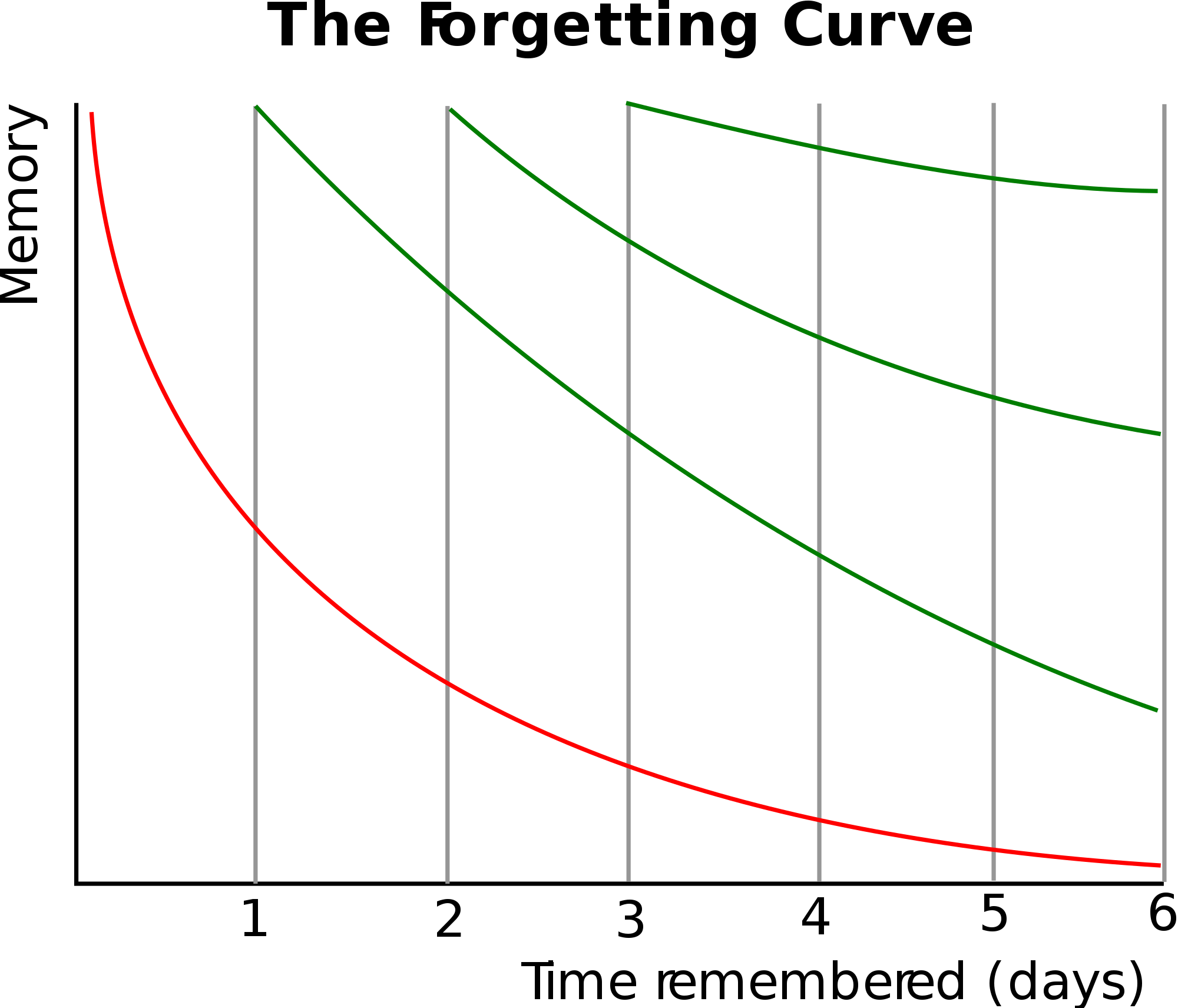Actually embrace it when you feel the need--just make sure it's done before you start!
How?
Sometimes when I get online, I feel a need to check facebook or just watch a funny YouTube clip.
But is doesn't always turn out so simple (usually not so brief). So instead, I start off topic on purpose.
Go check the weather, HabitRPG, or an email account. Just make sure the couple selected sites you can consistently go to have an end. YouTube does not; Facebook--not really.
By getting that urge out it will be easier to relax into the flow of work.
Lastly a warning, know--really know--when to take breaks. Burnout will ruin tenacious and even flexible routines. That should be an ultimate goal: developing a routine to stick with.






 \
\
